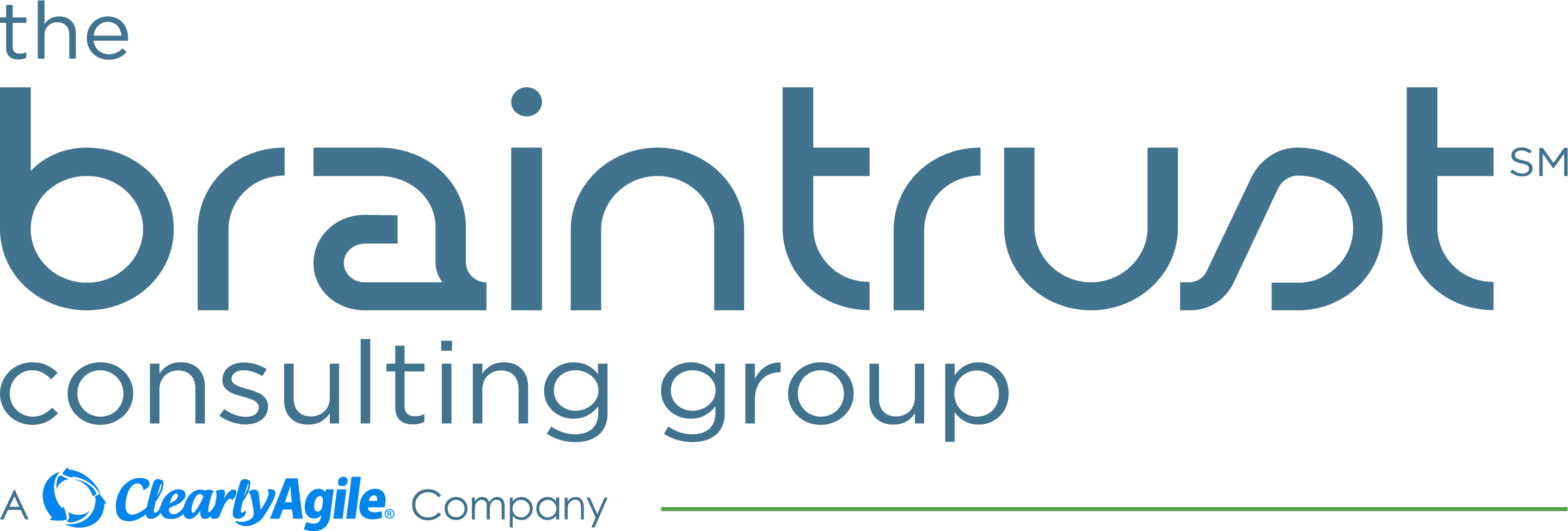Have you every noticed that as project managers we are always making promises based on other peoples promises. In a sense a project manager is the ultimate intermediary, always in the middle of every transaction. It is the very nature of our work we rely on others to accomplish the activities of our project. In a well managed project this works to our advantage, we are able to make promises to our customer and deliver on those promises. On the other side of the coin, when our team fails to deliver on a promise, we then in turn fail to deliver to our customers and then the dominos begin to fall. As project managers we must learn to trust our teams to accomplish their work. However, by applying a few simple techniques we can limit our exposure and in turn deliver on more promises.
One of the simplest ways to reduce exposure is through the practice of risk management. At its lowest level, risk management, is the practice of documenting risks and coming up with mitigation strategies. A great way to practice risk management is through the usage of a risk register. A risk register is fundamentally a list of risks and their mitigation strategies that have been assigned a priority, typically tracked in a spreadsheet. The key to success with a risk register is not being too vague when documenting risks, for example “Inclement weather could introduce delays” is not as good as “Completing this project during hurricane season on the Gulf of Mexico may introduce delays”. By documenting your risks you are able to plan for the unexpected, therefore limiting your overall exposure.
Once we have our risks identified and documented, we can then work on coming up with mitigation strategies. One of the primary mitigation strategies is that of utilizing reserve analysis. Reserve analysis is simply the practice of setting aside additional time or money in order to mitigate risk. There are two primary types of reserves, contingency and management. With a contingency reserve you planning for the known unknowns or previously identified risks. With a management reserve you are planning for the unknown unknowns or the unidentified risks. Most organizations set limits on the amounts of funds available for reserves, but a general rule of thumb is ten percent. By setting aside additional time and money you are in a better position to overcome obstacles should they arise on your project.
The final technique that we will look at is human resource management. Through proper human resource planning we can alleviate a lot of risk of failed deliveries. Choosing the right people for the job is fundamental to achieving success. You want to make sure that you pick resources with the correct level or experience and a proven track record for delivering results. How do you know which resource will perform? The best way to determine who the great resources are is through historical performance. If you have worked with a high performer previously then they have a proven track record, if not then ask around to other project managers in your organization. By choosing the appropriate resources for your project, you are ensuring that they will be well suited to the unique needs of your project.
Wouldn’t projects be so much simpler if we could do them ourselves and not rely on others? We all know that this is not the case and that the key to our success is properly managing our teams to deliver results. By applying a few fundamental project management techniques we can limit our exposure and become more successful. By utilizing risk management we are able to identify what could potentially go wrong and plan for ways around the problems. With reserve analysis we set aside resources to deal with the known and unknown risks. Finally, by practicing sound human resource management we select the proper team members to accomplish our projects goals. As a project manager you are the ultimate intermediary and you must do everything in your power to make sure that your team delivers on its promises to your customer.
© Copyright 2010 The Braintrust Consulting Group All Rights Reserved



